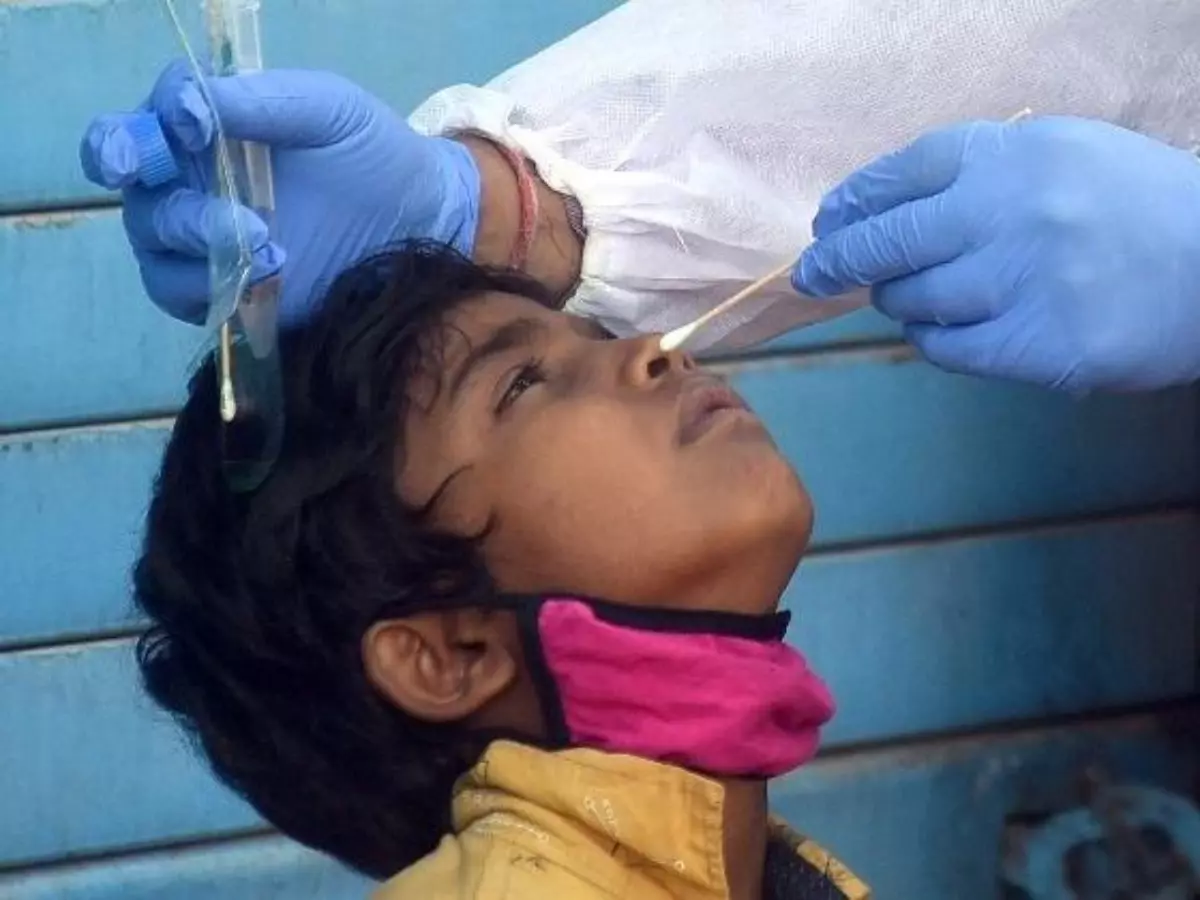After Mumbai, Delhi Records COVID-19 Positive Children Showing Kawasaki Disease-Like Symptoms
In the past few months, several hospitals in Delhi have seen children who have tested positive for COVID-19 also showing symptoms of Kawasaki disease.

In the past few months, several hospitals in Delhi have seen children who have tested positive for COVID-19 also showing symptoms of Kawasaki disease.
The first such cases were reported in Mumbai in June when a 14-year-old girl was admitted to a private hospital in Mumbai with rashes and high fever, which are symptoms of Kawasaki disease. After she was tested for COVID-19 it was found that she had developed antibodies, which meant she had coronavirus at some point.
 AFP
AFP
Delhi's Children's Hospital Kalawati Saran has seen six cases of children who tested positive for coronavirus - experiencing fever, respiratory and gastrointestinal issues, rashes which are associated with Kawasaki disease.
We are not exactly saying they were infected with Kawasaki, but they had Kawasaki-like symptoms. The children had unexplained tachycardia and some of them were in a state of shock. All these positive cases were managed in the Covid care area,¡± Dr Virendra Kumar, head of the department of paediatrics, Kalawati Saran hospital told Indian Express.
Sir Ganga Ram hospital has seen six such cases, in which four were found to be infected with Covid-19 while the other two had not developed any antibodies against the disease, while BLK Hospital has seen two such cases.
 BCCL
BCCL
The disease which is also called as the 'Multisystem Inflammatory Syndrome' was first reported among COVID-19 positive children in the US in April.
It causes fever and the blood vessels in the body become inflamed, eyes also get swollen, skin gets reddish along with abdominal pain.
The symptoms also show the blood pressure of children starts decreasing and they start feeling tired.
Kawasaki disease is a winter and spring seasonal disease that impacts about 5,000 kids each year in the United States. Between March 1 and May 10, 322 per 100,000 people under the age of 21 had a confirmed coronavirus infection.
Kawasaki disease is known to damage the coronary artery in such a way that as the child grows the artery does not, leading to a reduction in the amount of blood that can reach the heart. Immune therapy is known to help alleviate these problems, so has been used on patients with PIMS-TS as well, although the research team said differences in the two diseases mean this needs to be investigated further and treatment should be carefully monitored.
 Unsplash
Unsplash
While the team cannot say for certain that PIMS-TS is caused by COVID-19, 45 of the 58 children had evidence of current or past Covid-19 infection, and the researchers said the emergence of a new inflammatory condition during a pandemic is unlikely to be a coincidence.
Experts say that timely intervention and identification of symptoms play a crucial role.
